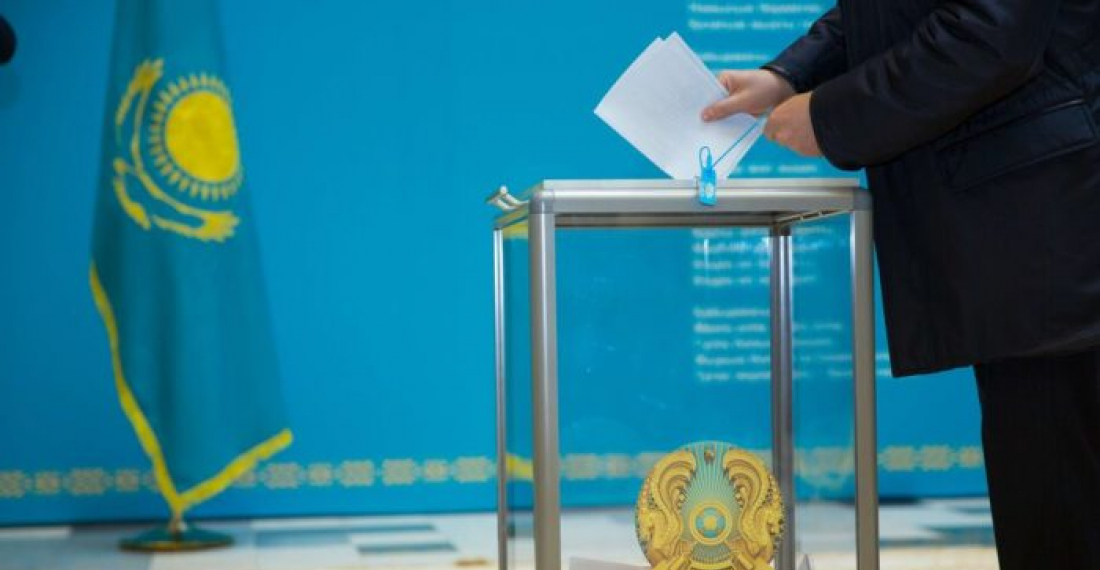Voting is taking place on Sunday (20 November) in Kazakhstan, Central Asia's largest republic. The elections are considered important since they mark the end of the era of rule of Nursultan Nazarbayev, Kazakhstan's long-time president who served from 1991 to 2019. Nazarbayev is often credited with being “the father of the nation” helping to forge a Kazakh national identity, but whose rule has increasingly been identified as one riddled with nepotism, corruption and stagnation.
Even after Nazarbayev decided to resign, he maintained control over several key leverages of power, and his successor, Kassym-Jomart Tokayev, governed in the shadow of his predecessor. In January, Tokayev was faced by what appears to have been an attempted palace coup to unseat him, instigated it appears by some of Nazarbayev’s proteges. It is not clear if Nursultan Nazarbayev himself was involved, or was even aware of what was going on. But have quashed the uprising Tokayev decided to accelerate the process of reforms that he had already started to cautiously implement. Nazarbayev has been side-lined and constitutional reforms initiated under which, a president can only serve for one, seven-year term.
There are more than 11 million voters eligible to vote in the election for the country's president. The winner will serve for a seven-year term, but will not be eligible for re-election
There are 11,950,485 eligible voters in Kazakhstan. 10,101 polling stations opened at 7 a.m. on Sunday morning and will close at 8 p.m.
There are six candidates competing for the country’s highest office. It includes incumbent president Kassym-Jomart Tokayev nominated by the people’s coalition, Karakat Abden nominated by the National Alliance of Professional Social Workers, Meiram Kazhyken nominated by the Amanat Commonwealth of Trade Unions, National Social Democratic Party candidate Nurlan Auesbayev, Saltanat Tursynbekova, a candidate of the Qazaq Analary – Dasturge Zhol (Kazakh mothers are a path to traditions) public association, and Auyl Party candidate Zhiguli Dairabayev.
The country’s Central Election Commission accredited 641 international observers. Of them, 532 observers are from 10 international organizations, including the CIS (Commonwealth of Independent States) observer mission, the CIS Interparliamentary Assembly, the OSCE/ODIHR (Organization for Security and Cooperation in Europe Office for Democratic Institutions and Human Rights) observation mission, the Parliamentary Assembly of Turkic Speaking Countries, the Conference on Interaction and Confidence Building Measures in Asia (CICA), the International Turkic Academy, the Organization of Islamic Cooperation.
Long-time observers of Central Asia feel that the election marks an important turning point for Kazakhstan and Central Asia. commonspace.eu political editor said in a comment that "there is little doubt that the incumbent president, Kassym-Jomart Tokayev will win the election. Yet people in Kazakhstan have started to understand that things are changing; that their president does not intend to serve for life, and diversity of opinions are good. A very modest start, and one that is considered far less than enough for some. But a start it is, and that needs to be recognised too."
source: commonspace.eu with agencies
photo: An election ballot box in Kazakhstan (archive picture)






